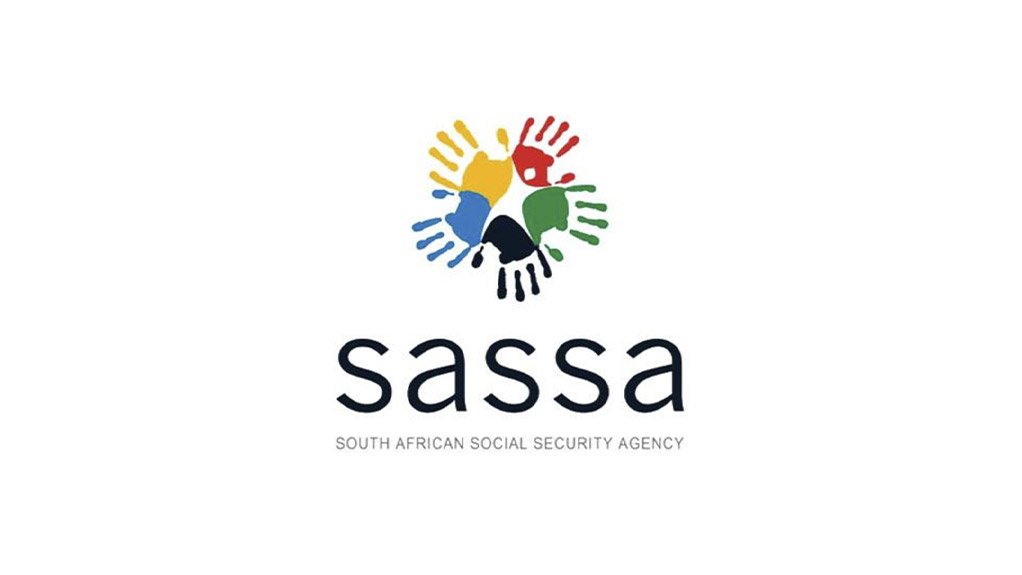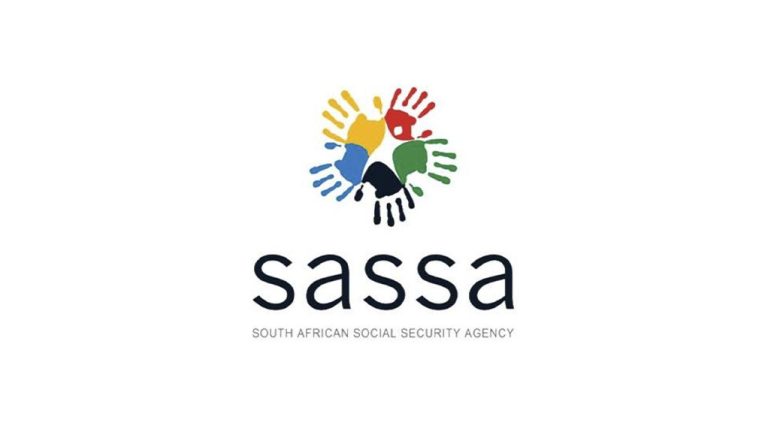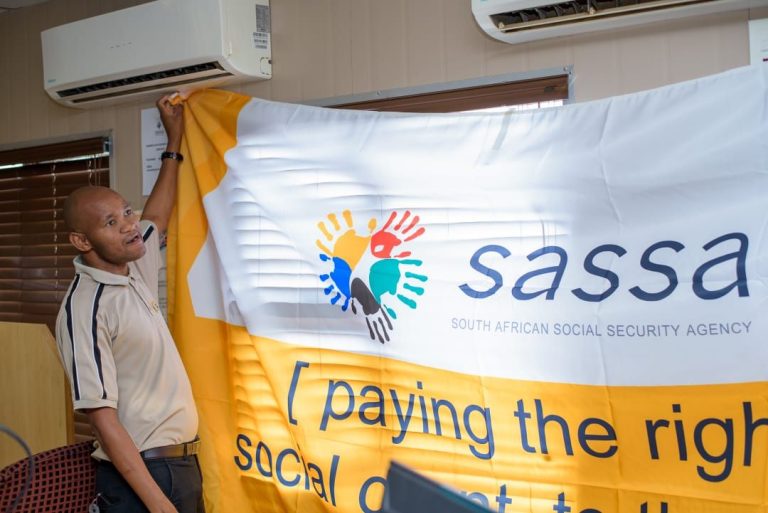Understanding SASSA SRD Declines: Common Reasons and How to Appeal Successfully
Understanding SASSA SRD Declines: Common Reasons and How to Appeal Successfully
Navigating the world of SASSA SRD (Social Relief of Distress) can be daunting, especially when you encounter a decline in your application. For many, this support is a lifeline, so it’s crucial to understand the common reasons behind these declines. Whether it’s unclear documentation, issues with eligibility, or changes in personal circumstances, knowing what to look for can make all the difference. In this article, we’ll delve into the various factors that lead to SASSA SRD declines, providing you with clarity and insight. Moreover, we’ll equip you with actionable steps to appeal these decisions effectively. Armed with the right information, you can navigate the appeal process with confidence and increase your chances of a successful outcome. Join us as we empower you to tackle these challenges head-on and secure the support you rightfully deserve.
Understanding SASSA SRD Declines: Common Reasons and How to Appeal Successfully
Navigating the world of SASSA SRD (Social Relief of Distress) can be daunting, especially when you encounter a decline in your application. For many, this support is a lifeline, so it’s crucial to understand the common reasons behind these declines. Whether it’s unclear documentation, issues with eligibility, or changes in personal circumstances, knowing what to look for can make all the difference. In this article, we’ll delve into the various factors that lead to SASSA SRD declines, providing you with clarity and insight. Moreover, we’ll equip you with actionable steps to appeal these decisions effectively. Armed with the right information, you can navigate the appeal process with confidence and increase your chances of a successful outcome. Join us as we empower you to tackle these challenges head-on and secure the support you rightfully deserve.
Overview of the SASSA SRD Application Process
The Social Relief of Distress grant, administered by the South African Social Security Agency (SASSA), offers temporary assistance to individuals and families in desperate need. The application process is designed to be straightforward, but it requires careful attention to detail to ensure all criteria are met. Initially, applicants must provide personal information, financial details, and a declaration of need. This data is then verified by SASSA to determine eligibility.
Applicants can submit their forms online or through designated physical locations. Throughout the process, transparency is key, and applicants should ensure that all information provided is accurate and up-to-date. Any discrepancy or omission could result in a delay or denial of the application. It’s important to note that the SASSA SRD grant is a temporary measure, typically reviewed every six months, meaning continuous eligibility is evaluated.
The application process also involves multiple stages of review. After the initial submission, the information is cross-checked against various databases, including those of the Department of Home Affairs and banking institutions. This thorough verification process is intended to prevent fraud and ensure that only those genuinely in need receive assistance. Understanding these steps can help applicants navigate the process more effectively and anticipate potential issues that may arise.

Common Reasons for SASSA SRD Declines
One of the most common reasons for a SASSA SRD decline is the failure to meet financial criteria. The SRD grant is intended for individuals who do not have any other source of income or social grants, which means any evidence of financial support can lead to a decline. This includes not only formal employment but also informal income streams that may not be initially considered by applicants.
Another frequent cause of declines is related to documentation. Incomplete or inaccurate documentation can significantly hinder the approval process. Missing documents, incorrect personal details, or outdated information can all lead to a rejection. It’s crucial to double-check all paperwork before submission to avoid these common pitfalls.
Eligibility criteria also play a significant role in declines. Applicants must be South African citizens, permanent residents, or refugees registered on the Home Affairs database, and they must be between the ages of 18 and 60. Additionally, applicants should not be receiving any other form of social grant or unemployment insurance. Any deviation from these requirements will result in a decline, emphasizing the importance of understanding and meeting all eligibility criteria.
Financial Criteria and Eligibility Requirements
The financial criteria for the SASSA SRD grant are stringent, aiming to ensure that only those without any means of support receive aid. Applicants must demonstrate a lack of any income, which includes wages, social grants, or financial assistance from family members. This requirement is verified through various checks, including banking records and other financial databases.
Eligibility also extends to specific demographic requirements. Applicants must be South African citizens, permanent residents, or refugees listed in the Home Affairs database. They must fall within the age range of 18 to 60 years, a criterion that aligns with the working-age population that may not qualify for other social support programs. Furthermore, applicants should not be beneficiaries of any other social grant or unemployment insurance fund, ensuring that the SRD grant reaches those most in need.
Meeting these financial and eligibility requirements is crucial for approval. Therefore, it is essential to provide accurate and truthful information during the application process. Misrepresentation or failure to disclose pertinent details can lead to a decline and may also involve legal consequences. Understanding and adhering to these criteria can significantly improve the chances of a successful application.
Documentation Issues Leading to Application Declines
Documentation issues are one of the primary reasons for SASSA SRD application declines. Applicants often overlook the importance of providing complete and accurate documentation, leading to unnecessary rejections. Common issues include missing identification documents, incorrect personal details, and outdated information. Ensuring that all required documents are submitted and that they are current and accurate can prevent many of these problems.
Another common documentation issue involves proof of income or lack thereof. Applicants must provide convincing evidence that they have no other means of financial support. This can include bank statements, affidavits, or other formal declarations. Any discrepancies in these documents can raise red flags for the reviewing officers, leading to a decline. It’s essential to ensure that all financial documentation is clear and accurately reflects the applicant’s current situation.
Additionally, errors in documentation can occur during the application submission process, especially for those applying online. Technical glitches, incorrect file formats, or incomplete uploads can all result in a decline. To mitigate these risks, applicants should double-check their submissions and, if possible, seek assistance to ensure that all documents are correctly uploaded and formatted. Taking these extra steps can significantly reduce the likelihood of an application being declined due to documentation issues.
How to Check Your SASSA SRD Application Status
Staying informed about the status of your SASSA SRD application is crucial for timely interventions and appeals. SASSA provides several methods for applicants to check the status of their applications. One of the most accessible ways is through the SASSA SRD website. By entering your ID number and phone number, you can quickly see the current status of your application.
Another option is to use the SASSA WhatsApp service. By sending a message to the designated SASSA number, applicants can receive updates on their application status. This method is convenient for those who may not have easy access to the internet but can use mobile services. Additionally, SASSA provides a toll-free helpline where applicants can speak directly with representatives to inquire about their application status.
It’s important to regularly check the status of your application to catch any issues early on. If your application is declined, knowing the reason as soon as possible allows you to gather the necessary information and documentation for an appeal. Staying proactive and informed can make a significant difference in the outcome of your application process.
Steps to Appeal a SASSA SRD Decline
If your SASSA SRD application has been declined, it’s important not to lose hope. The appeal process provides an opportunity to address any issues and present additional information that may support your case. The first step in the appeal process is to understand the reason for the decline. This information is typically provided in the decline notification from SASSA.
Once you understand the reason for the decline, gather all necessary documentation to address the issue. This might include additional financial records, corrected identification documents, or any other relevant information. It’s crucial to ensure that all documents are accurate and complete to avoid further delays.
Submit your appeal through the designated SASSA channels. This can typically be done online or through physical submission at a SASSA office. Ensure that your appeal is comprehensive and clearly addresses the reason for the initial decline. Include a detailed explanation and any supporting documents to strengthen your case. Following these steps meticulously can increase the likelihood of a successful appeal and help you secure the support you need.
Tips for a Successful Appeal Process
A successful appeal process begins with a thorough understanding of why your initial application was declined. Carefully review the notification from SASSA to identify the specific reasons for the decline. This understanding will guide you in gathering the appropriate documentation and information needed for your appeal. Be meticulous in addressing each point raised in the decline notification.
When preparing your appeal, ensure that all documentation is complete and accurate. Double-check for any errors or missing information that could have contributed to the initial decline. Providing additional supporting documents, such as updated financial records or affidavits, can strengthen your case. Clearly explain any discrepancies and provide a detailed account of your current circumstances to demonstrate your eligibility for the SRD grant.
Timeliness is also crucial in the appeal process. Submit your appeal promptly within the specified timeframe to avoid any further delays. Keeping copies of all submitted documents and correspondence can help you track your appeal and provide evidence if needed. Following these tips can improve your chances of a successful appeal and help you secure the much-needed support from the SASSA SRD grant.
Resources for Assistance with SASSA SRD Appeals
Navigating the appeal process can be challenging, but there are resources available to assist you. SASSA provides various support channels, including helplines and online resources, to guide applicants through the appeal process. Utilizing these resources can provide clarity and help you understand the necessary steps to take.
Community organizations and non-profits can also offer valuable assistance. Many of these organizations have experience with SASSA SRD applications and can provide guidance and support. They may offer services such as document preparation, legal advice, and advocacy to help you with your appeal. Reaching out to these organizations can provide additional support and improve your chances of a successful outcome.
Additionally, online forums and social media groups can be a source of support and information. Many individuals share their experiences and tips for navigating the SASSA SRD process, providing insights that can be helpful for your appeal. Engaging with these communities can offer practical advice and moral support during what can be a stressful process. Utilizing these resources can enhance your understanding and improve your chances of a successful appeal.
Conclusion and Final Thoughts on SASSA SRD Grants
Understanding the reasons behind SASSA SRD declines and knowing how to navigate the appeal process is essential for securing the support you need. By familiarizing yourself with the common causes of declines, such as financial criteria, documentation issues, and eligibility requirements, you can take proactive steps to prevent these issues from arising. Staying informed about your application status and being prepared to appeal promptly can make a significant difference in the outcome.
The appeal process, while challenging, provides an opportunity to address any issues and present additional information to support your case. By following the steps outlined in this article and utilizing available resources, you can navigate the appeal process with confidence. Remember to be thorough, accurate, and timely in your submissions to improve your chances of a successful outcome.
Ultimately, the SASSA SRD grant is designed to provide temporary relief to those in desperate need. By understanding the process and taking proactive steps, you can increase your chances of securing this vital support. Stay informed, seek assistance when needed, and approach the appeal process with determination and confidence.



